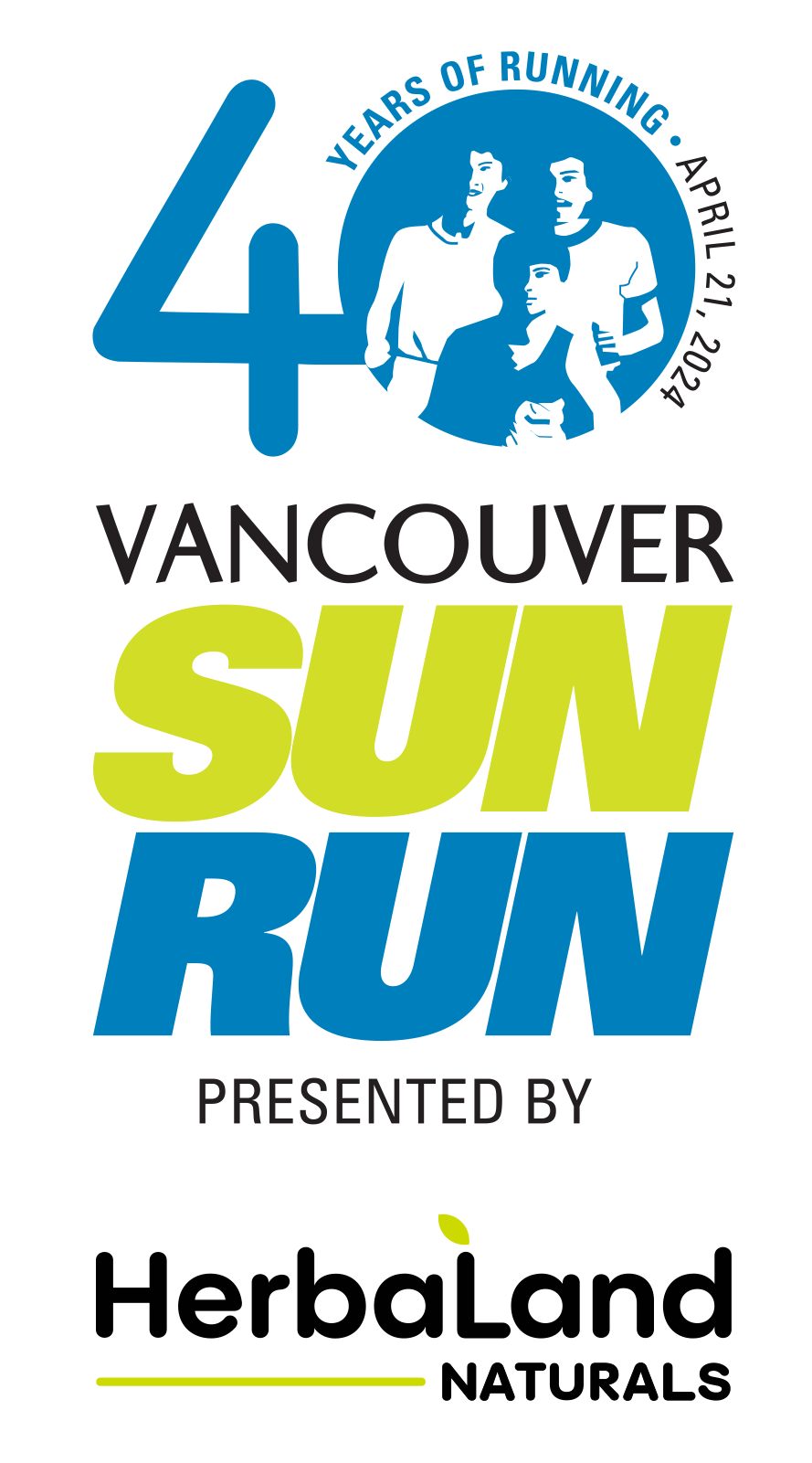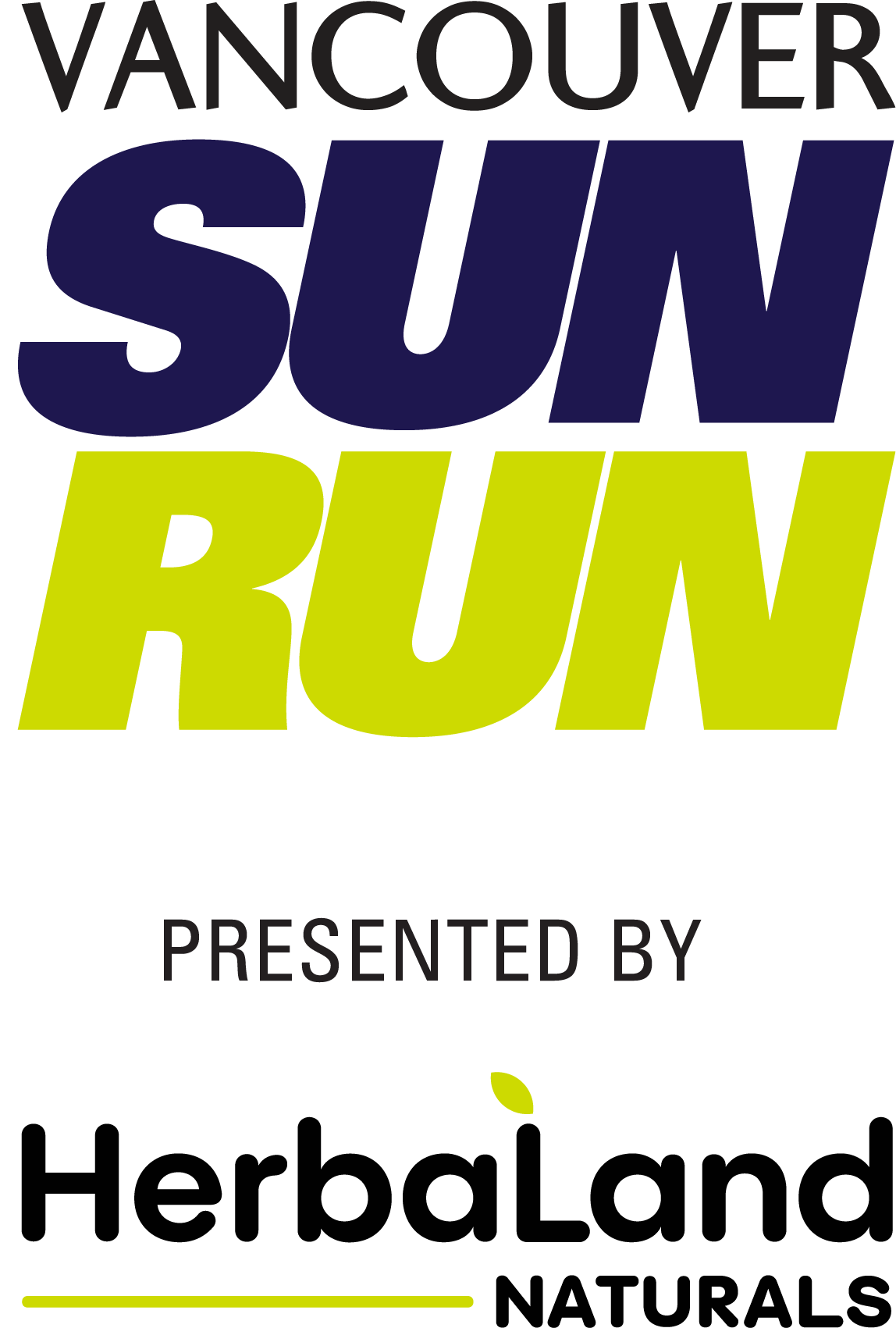
It’s completely understandable to be confused these days when there are so many different brands and different types of supplements making all sorts of claims about their products. Typically, anything that sounds too good to be true usually is. Here are the UBC Sport and Exercise Medicine Clinic recommendations for people who are considering adding some supplements to support their training efforts.
It’s important to follow a “food first” policy when it comes to supplementation. Always prioritize getting nutrients from a varied and balanced diet first and use supplements to fill specific measurable gaps or to meet specific demands of your training. Our general lifestyle, exercise and nutrition habits, along with our genetic makeup all play a role in determining our specific needs at a macro- and micronutrient level. Additional testing from things such as blood work can be very useful in determining our own specific status and needs in relation to supplementation.
We recommend consulting with a healthcare provider or a performance nutritionist who can provide personalized advice based on your individual health status, dietary habits, and training goals before adding supplements or making significant dietary changes.
General Health
| Micronutrient | Why It Is Important | Recommendations |
| Vitamin D | “Suboptimal” vitamin D status is linked to increased risk for acute illness, inflammatory injury, stress fracture, muscle pain/weakness and suboptimal muscle performance | 1000–2000 IU/day (Measure via blood test) |
| Iron | Iron is an essential mineral that assists in the transport of oxygen from the lungs to the rest of the body | Varied – Measure via blood test. RDA = >18mg/day for females and >8mg/day for males |
| Calcium | Calcium plays an essential role in maintaining bone structure and muscle contraction | 1500mg/day between food and/or supplement |
Training/Performance Supplements
| Supplement | What It Does | Dosing | Protocol |
| Carbohydrate Supplements (Drinks, Gels, Jellies etc) | Provides fast acting fuel for immediate energy | 30-60g per hour for activities lasting >60 minutes | Multiple different sources, get used to these in training |
| Protein Supplements (Powders, drinks, bars etc) | Helps repair muscle tissue and optimize recovery efforts | 20-40g per serving | Can be used daily as a food source or pre/post training for recovery |
| Electrolytes (powders, drinks, tablets, sachets etc) | Replenish lost fluids and minerals | Dependent on a number of different factors | Can be used pre/during/post exercise or day to day as needed |
| Caffeine | Boost mental focus and a number of physical performance benefits | 3-6mg per/kg BW in the 60 minutes before the activity | Trial individual response in training. May impact sleep if taken later in the day |

This is not an exhaustive list by any means, there are a large number of other supplements that may be useful for people in various situations. Beta alanine, dietary nitrates and sodium bicarbonate are also considered useful for certain endurance activities, but they are considered more suited for more advanced athletes.
Remember, the goal of supplementation is to support your running journey, not to replace the fundamentals of good nutrition and training. A bad diet, supplemented, is still a bad diet!
References/Further Reading:
1.Maughan RJ, Burke LM, Dvorak J, et alIOC consensus statement: dietary supplements and the high-performance athleteBritish Journal of Sports Medicine 2018;52:439-455.
SUN RUN HOT TIP
Make sure to check out Herbaland Naturals for delicious & nutritious
gummies for the whole family.
Photograph: © Vancouver Sun Run / Ian Smith
Photograph: © Vancouver Sun Run / Christine M


